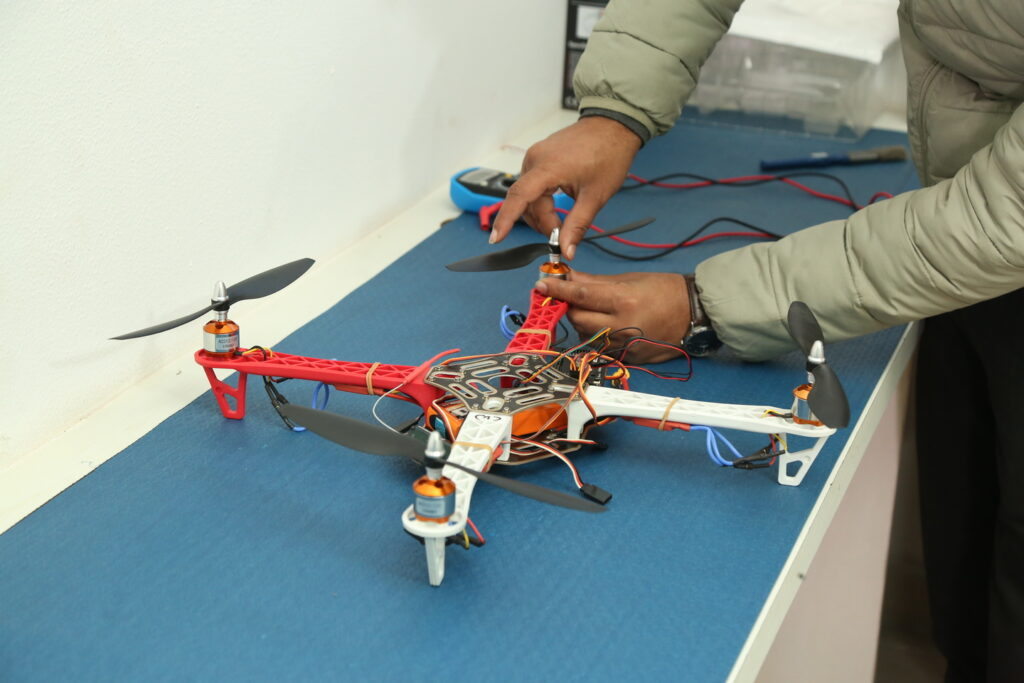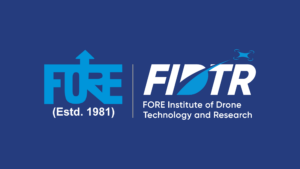FORE Institute of Drone Technology and Research (FIDTR) is a leading institution dedicated to the advancement of drone technology and its responsible use. In this article, we will delve into the importance of drone safety guidelines and how to ensure the responsible and ethical usage of drones.
Drone safety guidelines serve as a crucial framework to mitigate risks associated with drone operations. They not only protect individuals and property but also ensure compliance with legal regulations and ethical considerations. At FIDTR, we prioritize the dissemination of knowledge regarding drone safety guidelines to educate and empower drone operators.
Compliance with Legal Regulations:
Drone operators must adhere to the legal regulations established by the local aviation authorities. These regulations often include rules regarding flight altitude limits, no-fly zones, and licensing requirements. By understanding and following these regulations, drone operators can ensure safe and legal operations while avoiding penalties or potential accidents.
Pre-flight Safety Checks:
Performing pre-flight safety checks is essential before every drone operation. This includes inspecting the drone’s condition, checking battery levels, and ensuring proper calibration. FIDTR encourages all operators to follow a comprehensive pre-flight checklist to minimize the risk of technical malfunctions and maximize overall safety.
Responsible Flying Practices:
Responsible flying practices contribute to safe and ethical drone usage. This involves maintaining a visual line of sight, avoiding crowded areas, respecting privacy, and flying within designated areas or permitted zones. By embracing responsible flying practices, drone operators can build trust within communities and ensure a positive perception of drones.
Safety Training and Education:
Continuous learning and training are integral to safe drone operations. FIDTR offers comprehensive safety training programs, workshops, and certifications to equip drone enthusiasts with the necessary knowledge and skills. These training initiatives cover topics such as flight maneuvers, emergency procedures, and risk management, enhancing the overall safety culture within the drone community.
Emergency Procedures and Risk Management:
Despite taking precautions, unforeseen circumstances may still arise during drone operations. It is crucial for operators to be prepared for emergencies and have contingency plans in place. FIDTR emphasizes the importance of understanding emergency procedures, such as dealing with battery failures, GPS signal loss, or sudden weather changes. Developing risk management strategies can help mitigate potential hazards and ensure the safety of both operators and bystanders.
At the FORE Institute of Drone Technology and Research (FIDTR), we recognize the transformative potential of drones and their impact on various industries. By adhering to drone safety guidelines, operators can maximize the benefits of this technology while maintaining a responsible and ethical approach. FIDTR remains committed to promoting safety, innovation, and responsible drone usage through education, research, and industry collaboration. Embrace the power of drones while upholding safety as a top priority and together let’s shape a promising future for drone technology.


